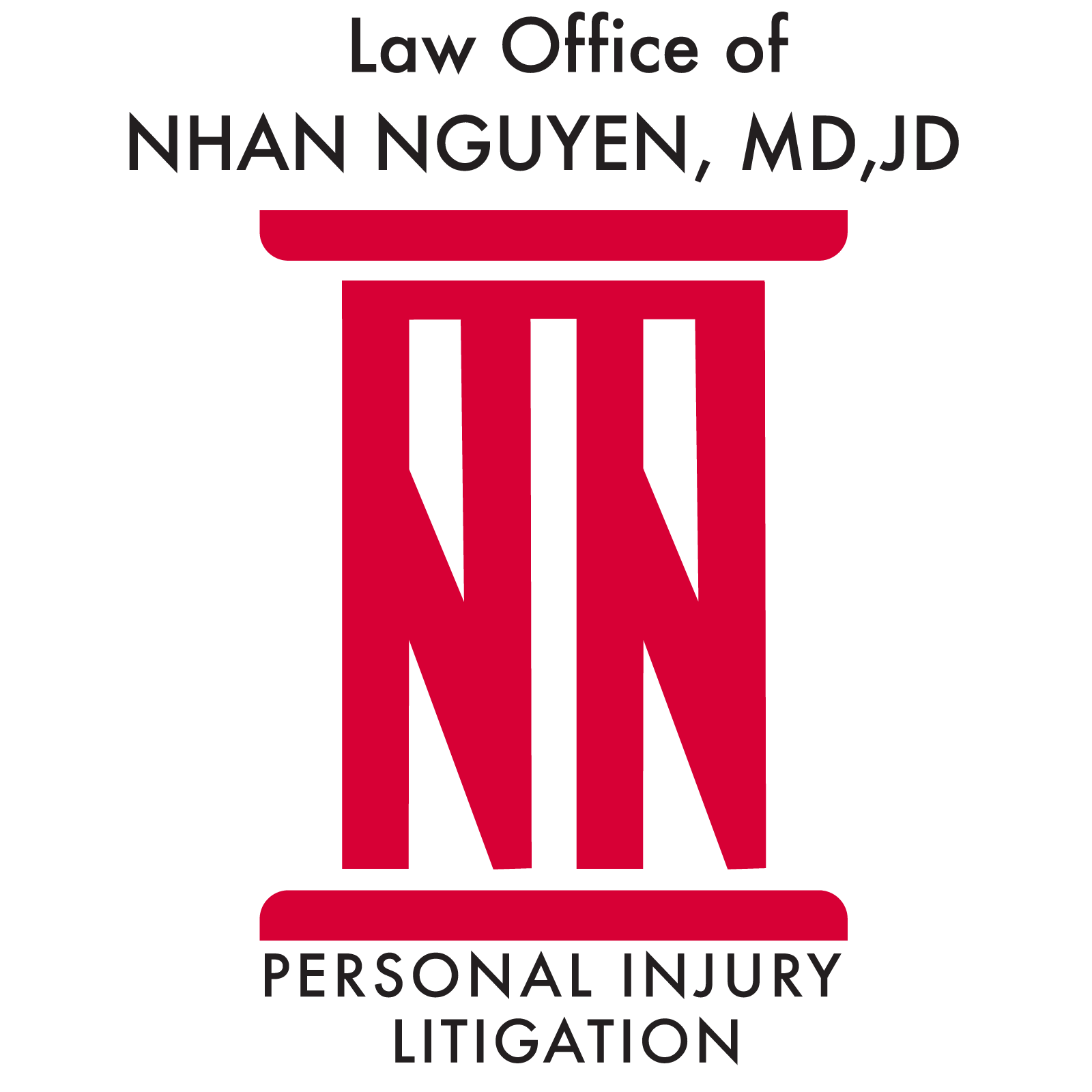The Texas Department of Transportation reports that more than 17,000 people suffered serious injuries in car crashes in 2017. Victims of serious Texas car wrecks deserve to be compensated for their injuries, but the insurance companies are not always willing to give you the money you need.
If you want to recover the full value of your compensation, you have to show that the other driver acted negligently and contributed to your injuries.
What Is No-Doubt Liability?
If a crash results in severe damage to a vehicle, injury, or death, the Texas Transportation Code requires that you report the incident to authorities right away, and an investigation into the incident and a police report will follow.
There are some kinds of crashes that are almost always the fault of the other driver. These accidents are known as “no-doubt liability” and are usually easy to prove. Some examples of no-doubt liability accidents include:
- Left-turn accidents. A driver making a left-hand turn is nearly always at fault —unless you broke a traffic law at the time of the collision.
- DUI crashes. Driving under the influence of drugs and alcohol is illegal and will mean you are liable for any collision you are involved in.
- Rear-end collisions. Unless you contributed to the crash by breaking the law or negligent vehicle repair, the other driver is nearly always liable for rear-end accidents.
The Elements of a Negligence Case
Unfortunately, the majority of car crashes are not easy to prove. Texas is a modified comparative negligence state, meaning that proving the negligence of the other driver is necessary to obtain compensation. Modified comparative fault means that both parties will be investigated as having a degree of liability in the crash. If you are found to be partially liable, it will impact your ability to recover full compensation.
For instance, if you were found to be 25% liable for the crash, you would only be able to regain 75% of your damages resulting from the collision. If you were found to be more than 50% at fault, you would be unable to recover any compensation at all.
If you had no fault in the crash, the negligence of the other driver must be established by key elements:
- A duty of care. In cases involving car crashes, a duty of care means all drivers are expected to follow traffic laws.
- Breach of duty. It has to be shown that the defendant breached the duty of care by breaking a traffic law or engaging in unsafe driving.
- Causation. This is usually the most difficult element to prove. Causation means that the breach of duty by the defendant resulted in damages.
- Damages. The calculation of damages and costs of the victim is given a monetary value.

Proving these elements will likely require evidence from multiple sources. Your team of Houston personal injury lawyers will examine the accident report, question witnesses, and investigate the crash site. It is crucial to keep all medical records and bills associated with the collision, as well as any receipts for car repairs.
If you have been unfairly injured in a car accident, it is important that you have an advocate on your side with experience in Texas personal injury laws. Contact West Loop Law and the Law Office of Nhan Nguyen, MD, JD to learn more about your right to compensation after a serious accident. Nhan Nguyen and Nader Rabie will help fight for your deserved compensation and ensure that another driver’s negligence is not your burden.
Car Accident Attorneys in Houston
If you or a loved one has been injured in an accident, you need to consult with one of our qualified Texas personal injury lawyers today. At West Loop Law and the Law Office of Nhan Nguyen, MD, JD, we provide aggressive legal representation to those injured in personal injury accidents. We can advise you on how to seek compensation for your damages, including medical expenses, lost wages, and pain and suffering.
If you or a loved one has been injured in an accident, contact our offices immediately at 713-840-7200 to see what we can do for you.


Recent Comments